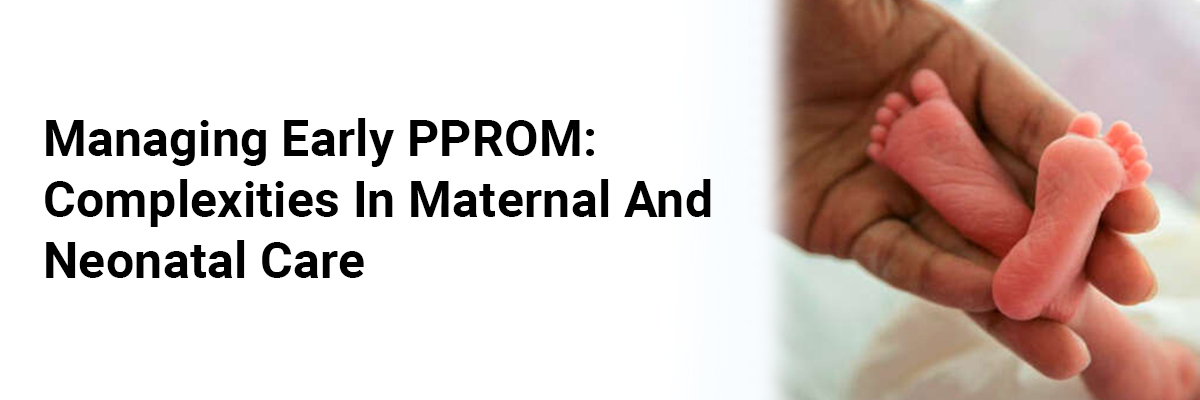
Managing Early PPROM: Complexities in Maternal and Neonatal Care
Approximately 26% of
women with very early preterm prelabour rupture of membranes (PPROM) who
received expectant management had children who survived to hospital discharge.
However, both maternal and neonatal morbidity and mortality rates remained
high, according to findings from a UK-based study published in BMJ Medicine.¹
This prospective
observational study aimed to examine perinatal and maternal outcomes following
PPROM occurring before 23 weeks of gestation. Data were collected via the UK
Obstetric Surveillance System (UKOSS), a national population-based cohort
encompassing all 194 obstetric units in the UK. The study period extended from
September 2019 to February 2021.
A total of 326 women
with singleton pregnancies and 38 with multiple pregnancies who experienced
PPROM between 16+0 and 22+6 weeks of gestation were included in the study.
Primary outcome
measures for the fetus included live birth, survival to hospital discharge, and
serious morbidity—defined as the requirement for supplemental oxygen at 36
weeks postmenstrual age, intraventricular hemorrhage grade 3 or 4, or both.
Maternal outcomes included sepsis, intensive care unit (ICU) admission,
surgical placental removal, and death. Rates of pregnancy termination for
medical reasons were also recorded.
A worst-best outcome
range was calculated by assuming that all terminations and cases with missing
data either resulted in fetal death (worst-case) or live birth (best-case).
Perinatal outcomes were also analyzed excluding pregnancies that were medically
terminated.
Among singleton
pregnancies, the live birth rate was 44%, with a range of 30–62%. The survival
rate to hospital discharge was 26% (range: 17–53%), and 18% of neonates (range:
12–48%) survived without serious morbidity.
Maternal sepsis
developed in 12% of women with singleton pregnancies, compared to 29% in those
with multiple pregnancies—a statistically significant difference (P=0.004).
Surgery for placental removal was required in 20% of singleton and 16% of
multiple pregnancies. Five women developed severe sepsis; of these, three required
ICU admission and two died.
This study underscores
the complexities and challenges of managing PPROM, particularly before 23 weeks
of gestation. The elevated risk of maternal sepsis is a critical concern,
emphasizing the importance of vigilant maternal monitoring, early
identification of chorioamnionitis, timely delivery, and appropriate antibiotic
therapy. The authors highlight the need for careful counselling of families,
revision of clinical guidelines in light of emerging data, and further research—especially
focused on maternal sepsis, given its substantial risks for both mother and
newborn.
Source: BMJ Med. 2024 Mar 19;3(1):e000729. doi:
10.1136/bmjmed-2023-000729.














Please login to comment on this article